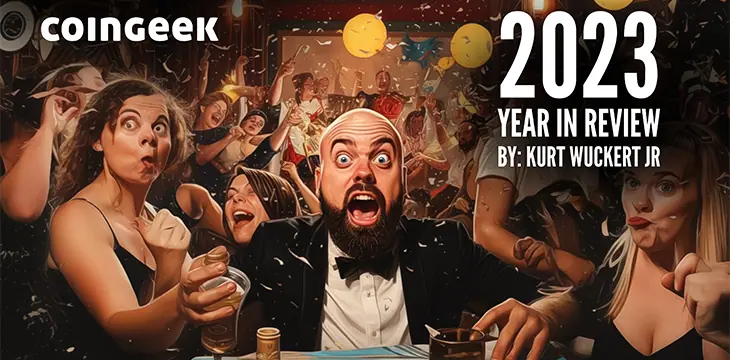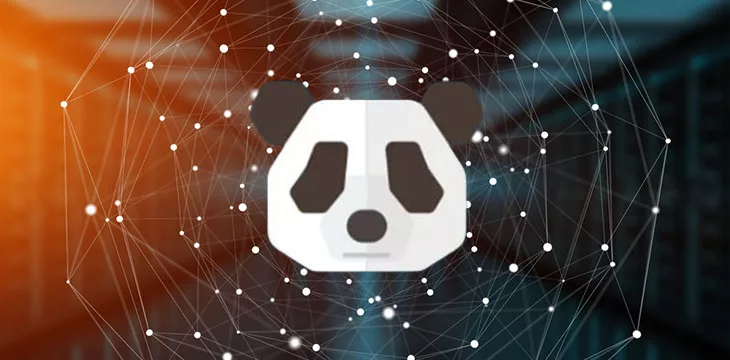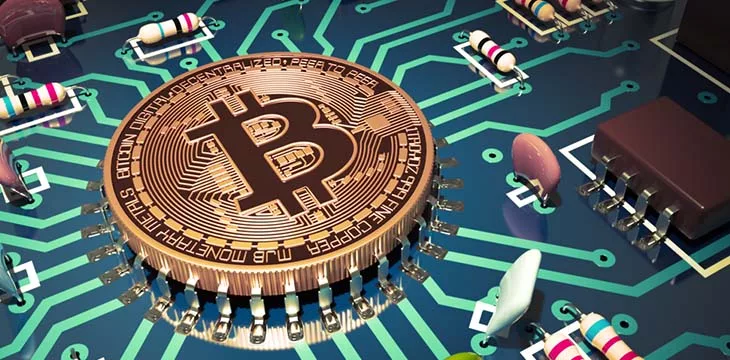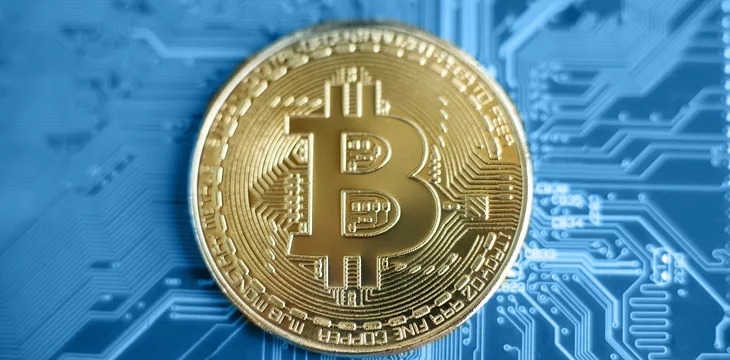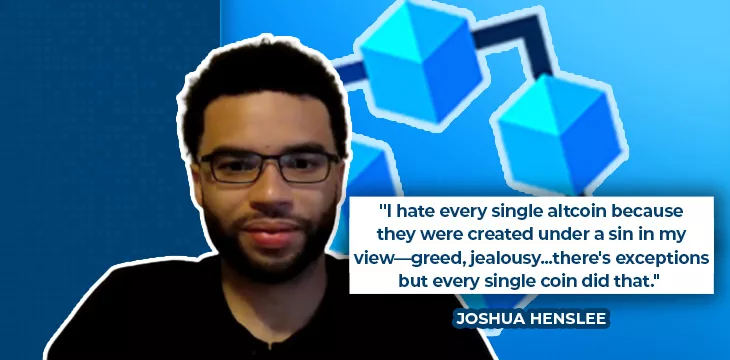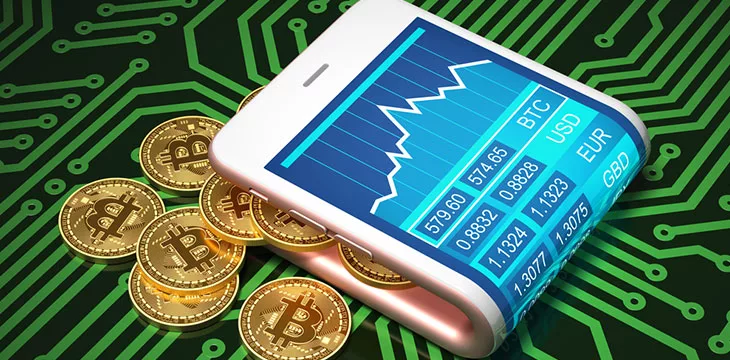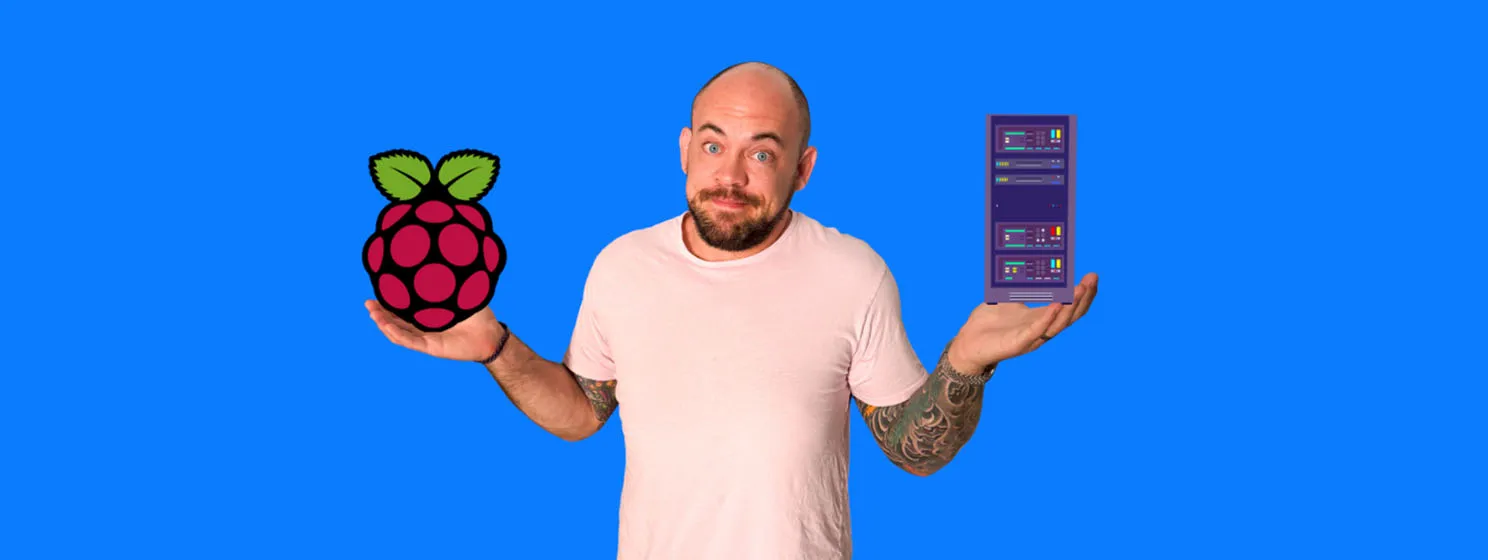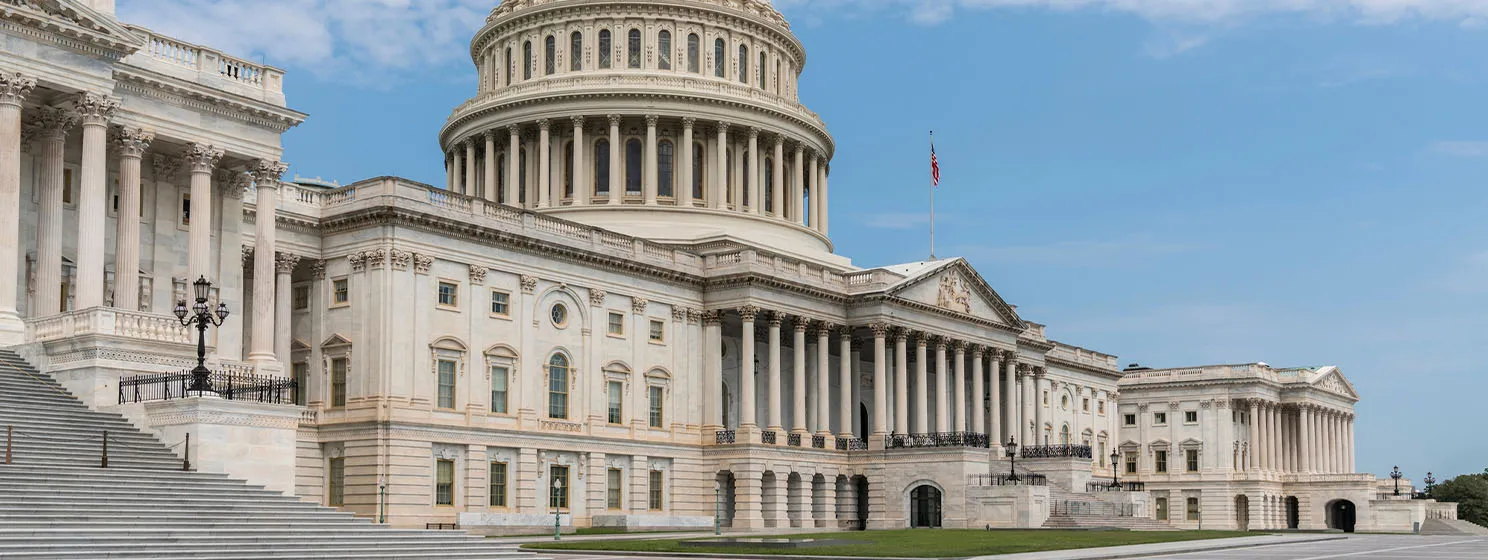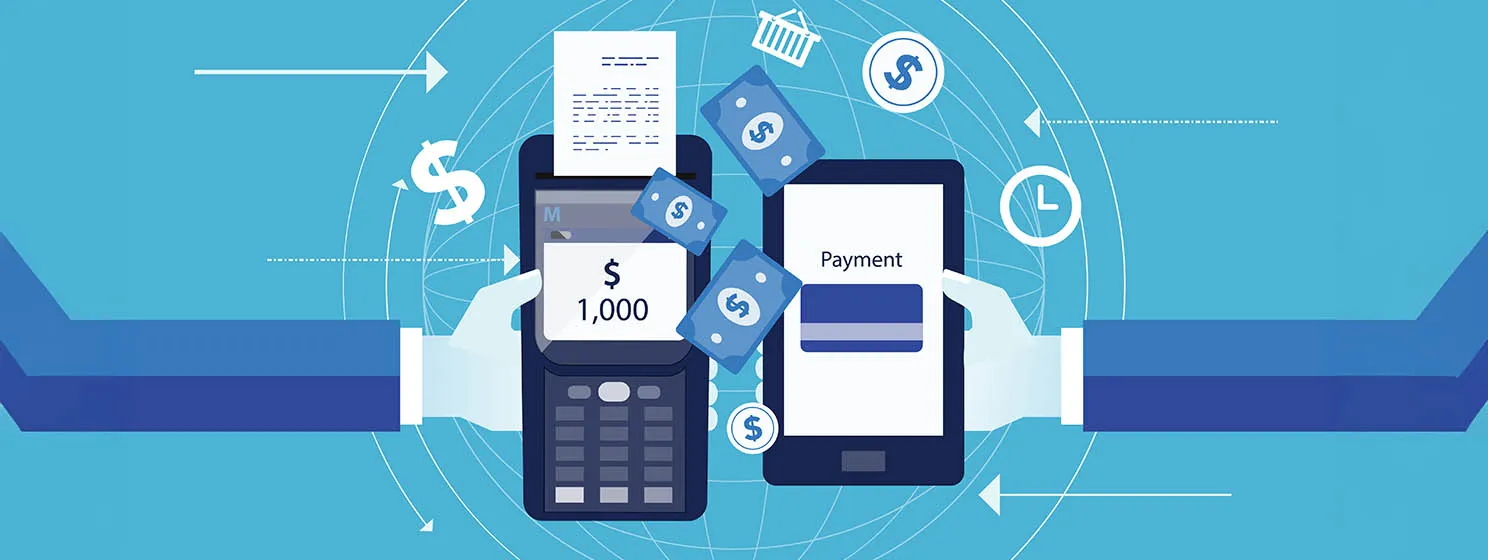
BRC-20
Bitcoin 2023 Year in review
This year showed the calm before the storm: the market seems to be heating up for a 2024 bull market,...
Panda Wallet launches world’s first on-chain lock-to-mint smart contract
Open-sourced Web3 browser extension Panda Wallet announced the launch of locktomint.com, where users can mint tokens against an on-chain smart...
HODL: First LRC-20 token mints out in 9 hours
hodl was deployed with a 21 million supply, but for mints of hodl to be valid, they must be accompanied...
Bitcoin is the exchange
sCrypt released a blog and implementation of token limit orders using Bitcoin script—an evolution of the on-chain Order Lock technology,...
How will Ordinals affect Bitcoin?
In this podcast, Joshua Henslee goes in-depth on the impact of Ordinals on Bitcoin, the value of costs, and why...
On-chain trading is the future of online commerce
Many economists and pundits are questioning the necessity of blockchain technology, as they ask what is the purpose of the...

 07-09-2025
07-09-2025 
